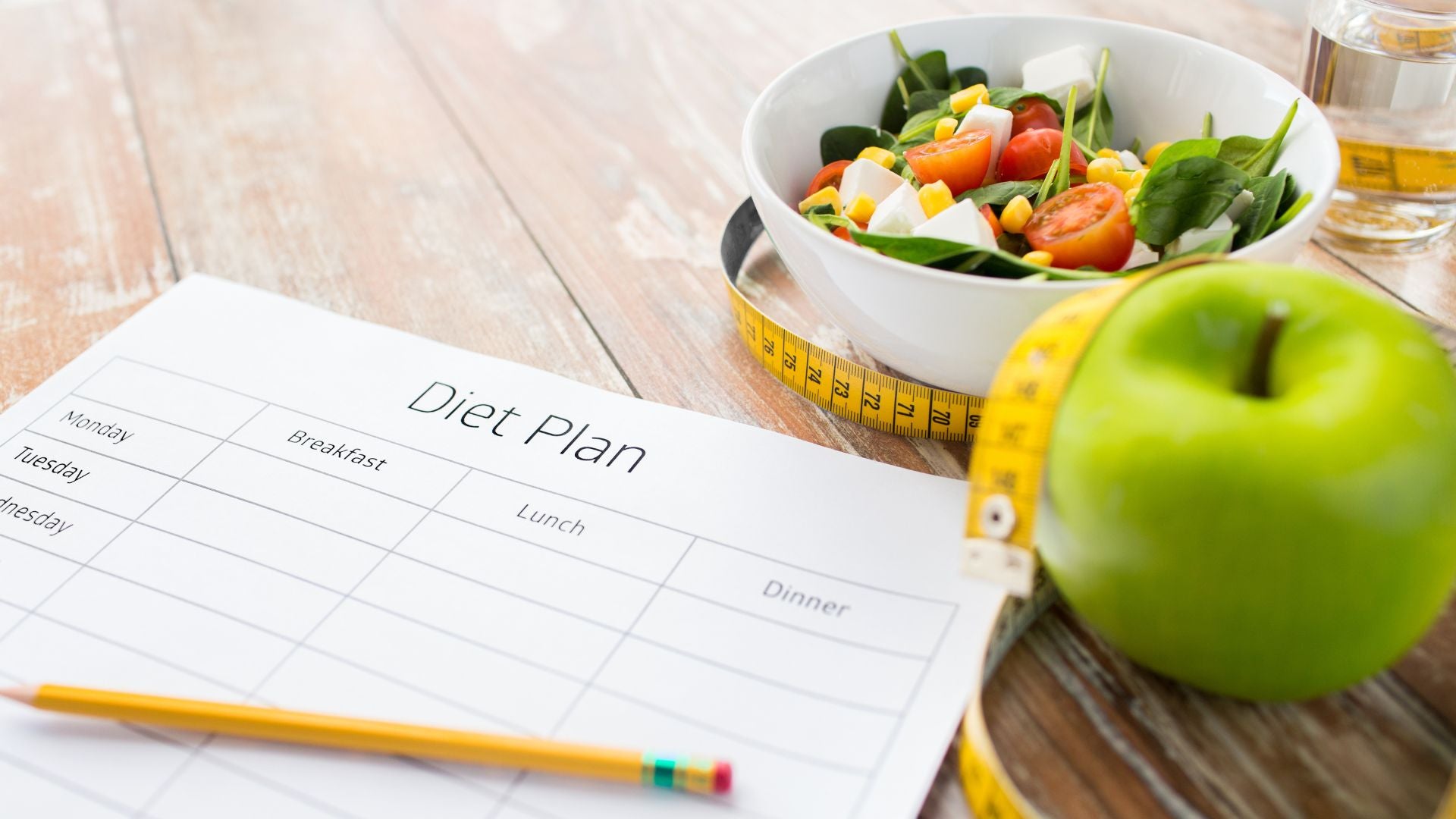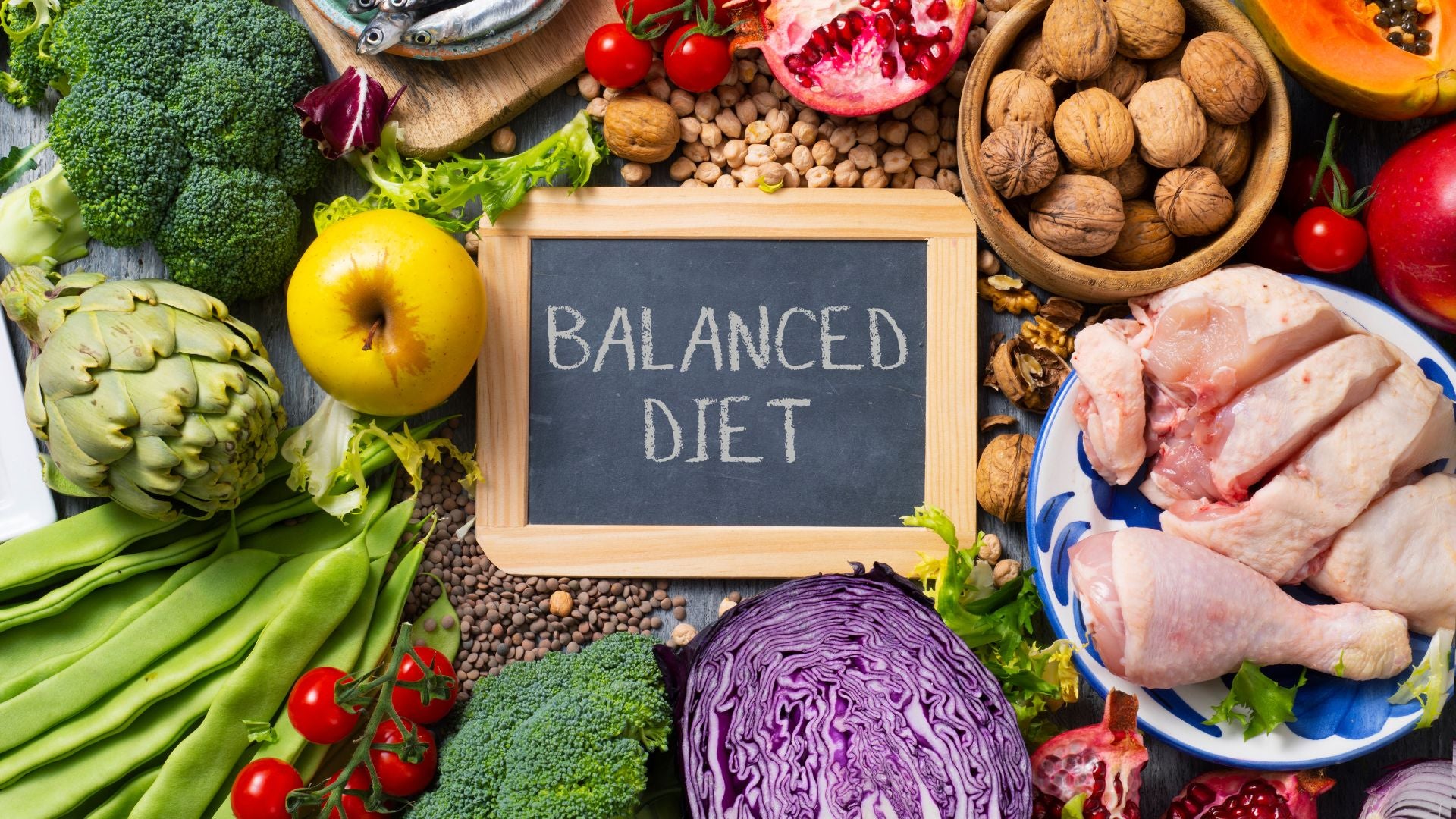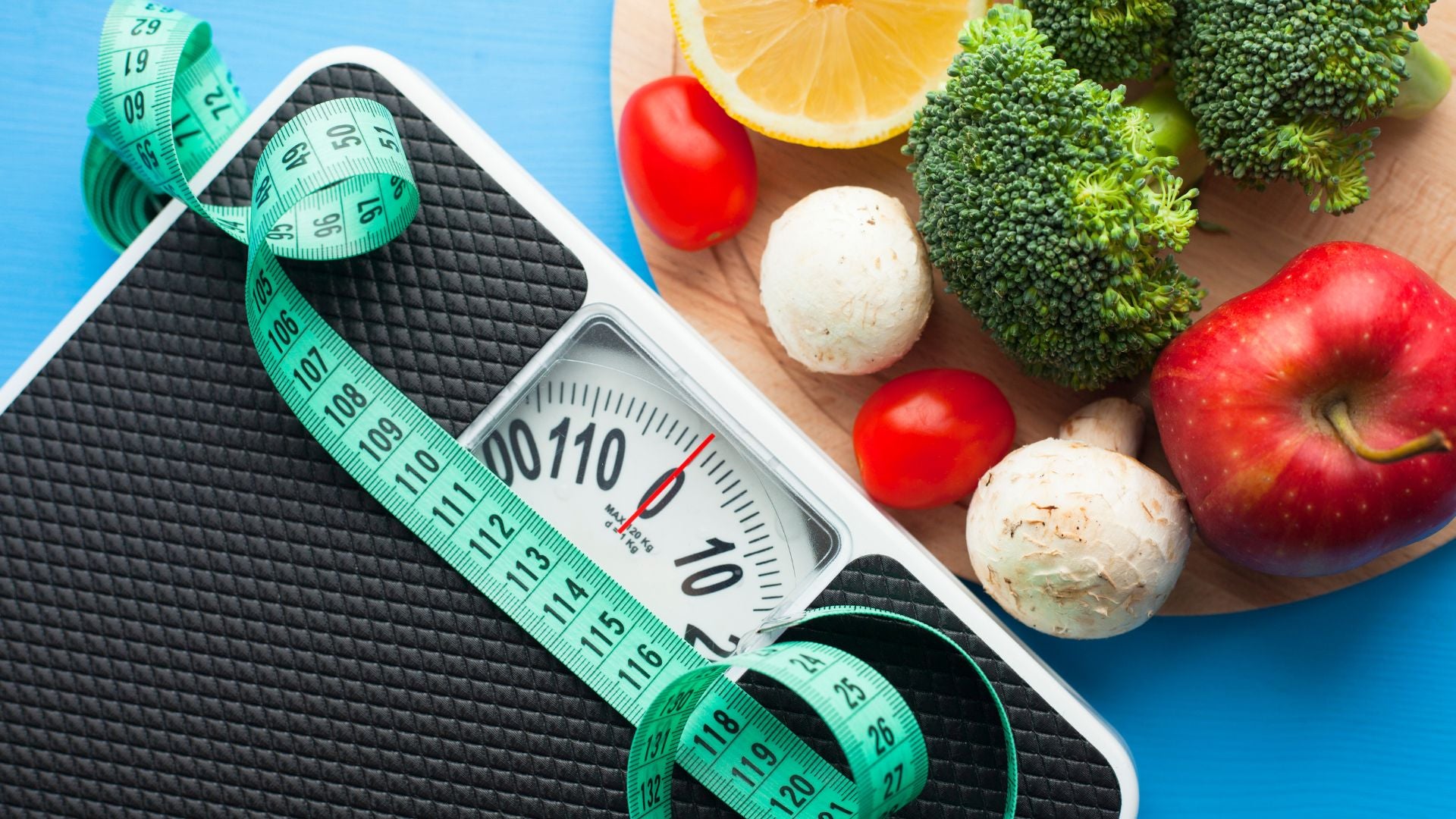FAQ
Weight Loss Basics: Frequently Asked Questions

What is the most important first step for weight loss?
The most important first step is gaining clarity on your goals and current habits. Before jumping into diets or workouts, assess your eating patterns, activity levels, and mindset. A realistic plan built on small, consistent changes is more effective than quick fixes.
At Healthy Weight Loss Reviews, we emphasize sustainable strategies backed by evidence, not fads. Remember, it took time to gain excess weight and it will also take time to lose it.
How long does it take to see results from diet and exercise?
This varies by individual, but most people begin to see noticeable changes in 4–6 weeks with consistent effort. Weight loss is influenced by diet, exercise, sleep, and stress.
Remember, body composition (fat vs. muscle) is more important than the number on the scale alone. The bottom line is it took some time for you to gain weight, and it will take some time to lose it.
Do I need to count calories to lose weight?
Yes, at least to some degree. If you're gaining weight, you're consuming more calories than you're burning. That’s a biological fact, not a theory. While you don’t have to count every calorie forever, developing a clear understanding of how many calories you consume daily is essential. Many people underestimate their intake, and without this awareness, it’s nearly impossible to make informed changes.
At Healthy Weight Loss Reviews, we believe calorie tracking, even short-term, is one of the most powerful tools for creating lasting results and better understanding portion control.
How do I stay motivated to lose weight and keep it off?
Set realistic, meaningful goals and track your progress beyond the scale (e.g., strength gains, improved energy). Motivation fluctuates, so build habits that become part of your lifestyle. Education, support, and accountability, pillars of our platform are key to lasting change.
Why not just take Ozempic or Wegovy to lose weight?
Originally a diabetes medication (semaglutide) works by suppressing your appetite, which in turn can help you loose weight.
As with any appetite suppressants, there are serious drawbacks if not combined with long term lifestyle changes incorporating a healthy diet and exercise.
We have a review on GLP-1 weight loss drugs for more details - Click Here To Watch
Exercise 101: Frequently Asked Questions

How many days a week should I exercise for weight loss?
Aim for at least 3–5 days per week, combining strength training and cardio. Strength training helps preserve lean muscle mass and boosts metabolism, while cardio supports cardiovascular health and calorie burn. Consistency, not perfection, is what matters.
What’s better for fat loss—cardio or strength training?
Both have value, but strength training offers longer-term metabolic benefits by increasing muscle mass. Muscle tissue burns more calories at rest. The best approach blends both, prioritizing strength as the foundation.
How does strength training boost metabolism?
It increases lean muscle mass, which is metabolically active tissue. This means your body burns more calories even when you’re not exercising. Studies show resistance training improves body composition more effectively than cardio alone.
For more information on how strength training boosts your metabolism - Click Here
Can I lose weight just by exercising?
Exercise helps, but nutrition is the biggest lever. Without addressing your eating habits, it’s difficult to create a calorie deficit. A well-rounded approach, including diet, exercise, and recovery is the most effective.
Do I need a gym membership to follow a good workout plan?
Not necessarily. Home exercise equipment can provide excellent results too. Many people lose weight and build muscle from home with a structured plan and consistency.
Be sure to read our Home Exercise Equipment post for more information - Click Here
Nutrition 101: Frequently Asked Questions

How much protein do I really need to lose weight?
For most adults aiming to lose weight while preserving muscle, 0.73–1.0 grams per pound of body weight per day is ideal. That’s about 1.6–2.2 grams of protein per kilogram. Prioritizing protein at each meal helps with satiety, muscle retention, and improved metabolism. This recommendation is supported by numerous clinical studies.
Should I follow a low-carb or low-fat diet?
Despite the multitude of diet claims, there’s no one-size-fits-all approach. Research shows that calorie control and consistency matter more than the ratio of carbs to fats. Choose a plan you can stick with long-term, whether low-carb, Mediterranean, or balanced whole foods and ensure it meets your nutritional needs.
What are some healthy snacks for weight loss?
Focus on snacks that are high in protein or fiber and low in added sugars. Examples include Greek yogurt, boiled eggs, raw veggies with hummus, protein shakes, or a handful of almonds. These options help keep you full without spiking blood sugar.
How do I avoid feeling hungry while dieting?
Include protein and fiber in every meal, stay hydrated, and avoid highly processed foods that don’t satisfy hunger. Slower eating and mindful meals also help your body signal when it’s full. Hunger is a normal part of dieting but should be manageable.
What’s more important: quality of food or calories in vs. out?
Both matter. Caloric balance determines weight change, but food quality affects hunger, hormones, and long-term health. Whole, nutrient-dense foods support better results and sustainable habits. At Healthy Weight Loss Reviews, we advocate for smart, informed choices, not extremes.
Suppliments 101: Frequently Asked Questions

Do I need supplements to lose weight?
No, supplements are not required to lose weight. However, some may help fill nutritional gaps (like multivitamins) or support your goals (like whey protein for muscle retention). We only recommend products supported by credible research, not hype.
What are the best supplements for beginners?
A high-quality multivitamin, whey or plant-based protein powder, and creatine monohydrate are three of the most well-researched and beneficial options. These support general health, recovery, and muscle maintenance when combined with proper nutrition and training.
Be sure to read our Supplements 101 post for more information - Click Here
Is whey protein safe to use daily?
Yes. Whey protein is generally safe for daily use and is one of the most bioavailable protein sources. It's especially helpful if you struggle to meet protein goals through food alone. Be sure to choose brands that are third-party tested for purity and safety.
Be sure to read our Ultimate Guide to Protein Powders post for more information - Click Here
What should I look for in a quality multivitamin?
Not all multivitamins are created equal. A quality formula should contain nutrients in their bioavailable forms, meaning the body can absorb and utilize them effectively.
For example, instead of cyanocobalamin (a cheap form of B12), look for methylcobalamin, which is the active form your body can use directly. Similarly, instead of folic acid, seek out methylated folate (5-MTHF), especially if you have genetic variations like MTHFR that impair folic acid conversion.
Other indicators of a quality multivitamin include:
* Third-party testing (for purity and label accuracy)
* No unnecessary fillers, dyes, or megadoses
* Balanced nutrient ratios that align with evidence-based daily values
At Healthy Weight Loss Reviews, we recommend choosing products backed by transparent labeling, reputable manufacturing standards, and clinical research.
Are fat burners effective or a waste of money?
Most fat burners are overhyped and under-deliver. While some may offer modest metabolic boosts or appetite suppression, they are not a substitute for diet and exercise. Many also come with side effects. Our stance is: approach with caution and rely on proven fundamentals.
Tracking & Tools: Frequently Asked Questions

Why is it important to track weight and measurements?
Research shows that people who track their calories lose twice as much weight as those who don’t.
Tracking helps identify patterns, keeps you accountable, and shows progress beyond the bathroom scale, like changes in waist size or body composition. Progress photos and non-scale victories (like energy or clothing fit) are also powerful motivators too.
Be sure to read our Calorie Tracking and Food Logging post for more information -Click Here
How often should I weigh myself?
It depends on your personality and goals, but tracking your weight regularly is a valuable tool, if used correctly. Weighing yourself daily can help reveal important trends over time, especially when done under consistent conditions (e.g., first thing in the morning, after using the restroom). However, weight naturally fluctuates due to water retention, food volume, hormone cycles, and more so daily numbers shouldn’t be taken in isolation.
For some people, weekly or bi-weekly weigh-ins reduce stress and anxiety while still providing enough data to track meaningful progress. Others may benefit from daily weigh-ins paired with a moving average app or chart to smooth out the noise.
At Healthy Weight Loss Reviews, we encourage combining weight with other metrics like:
* Waist and hip measurements
* Progress photos
* Energy levels
* Clothing fit
* Strength or endurance improvements
Ultimately, the number on the scale is just one indicator. The goal is to use it as feedback, not judgment, and to look at patterns, not perfection.
What tools or apps help with tracking progress?
Reliable tools include a digital scale, measuring tape, fitness trackers and various apps. A protein shaker, food scale, measuring cups can also help streamline your routine.
Can I lose weight without tracking anything?
Yes, especially if you adopt consistent habits like portion control, balanced meals, and regular exercise. However, tracking often accelerates success by making habits more intentional and measurable. Use it as a tool, not a crutch.
Questions about this site
Where are you based?
We are USA based and the products that we promote are usually available to ship all over North America.
What Countries do you ship to?
Most of the products on Healthy Weight Loss Reviews are available to ship all over North America and some products ship to many other countries as well. Please see the various suppliers that we link to for their shipping policies prior to purchasing.
The products and services promoted on this site are usually fulfilled within 1 to 5 business days.
